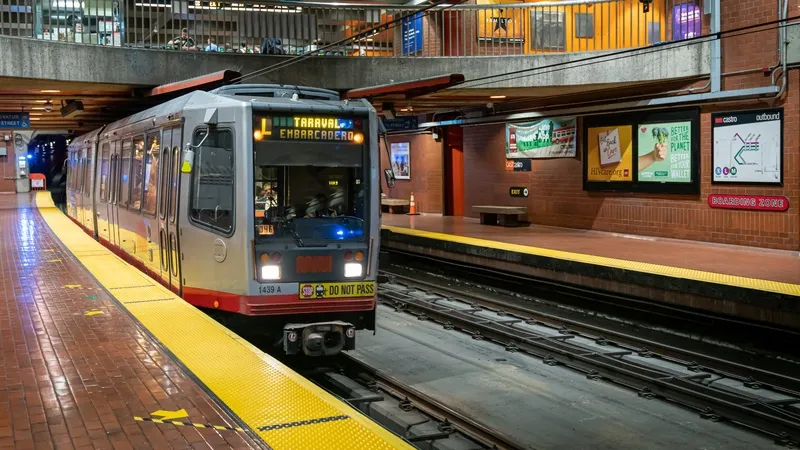Cubic Transportation Systems (CTS) has been awarded a contract extension of up to five years from the Metropolitan Transportation Commission (MTC) for operations and maintenance services supporting the regional Clipper card fare payment system in the San Francisco Bay Area. The extended contract period is from November 2019 to November 2024 and is valued at approximately US$25 million per year. MTC is the transportation planning, financing and coordinating agency for the nine-county San Francisco Bay Area.
August 1, 2017
Read time: 2 mins
MTC is the transportation planning, financing and coordinating agency for the nine-county San Francisco Bay Area. It plans to upgrade the Clipper system with new fare technologies, such as mobile payment.
Under the contract, Cubic will continue to support MTC and its regional partners for the Clipper system. Cubic operates the customer call centre, Clipper card fulfilment and distribution, technical help desk, retail merchant network and the transit benefits system for employer/employee management of transit subsidies.
Clipper is used by 22 regional transit operators and accounts for more than half of all Bay Area transit trips – approximately 800,000 trips each weekday.










